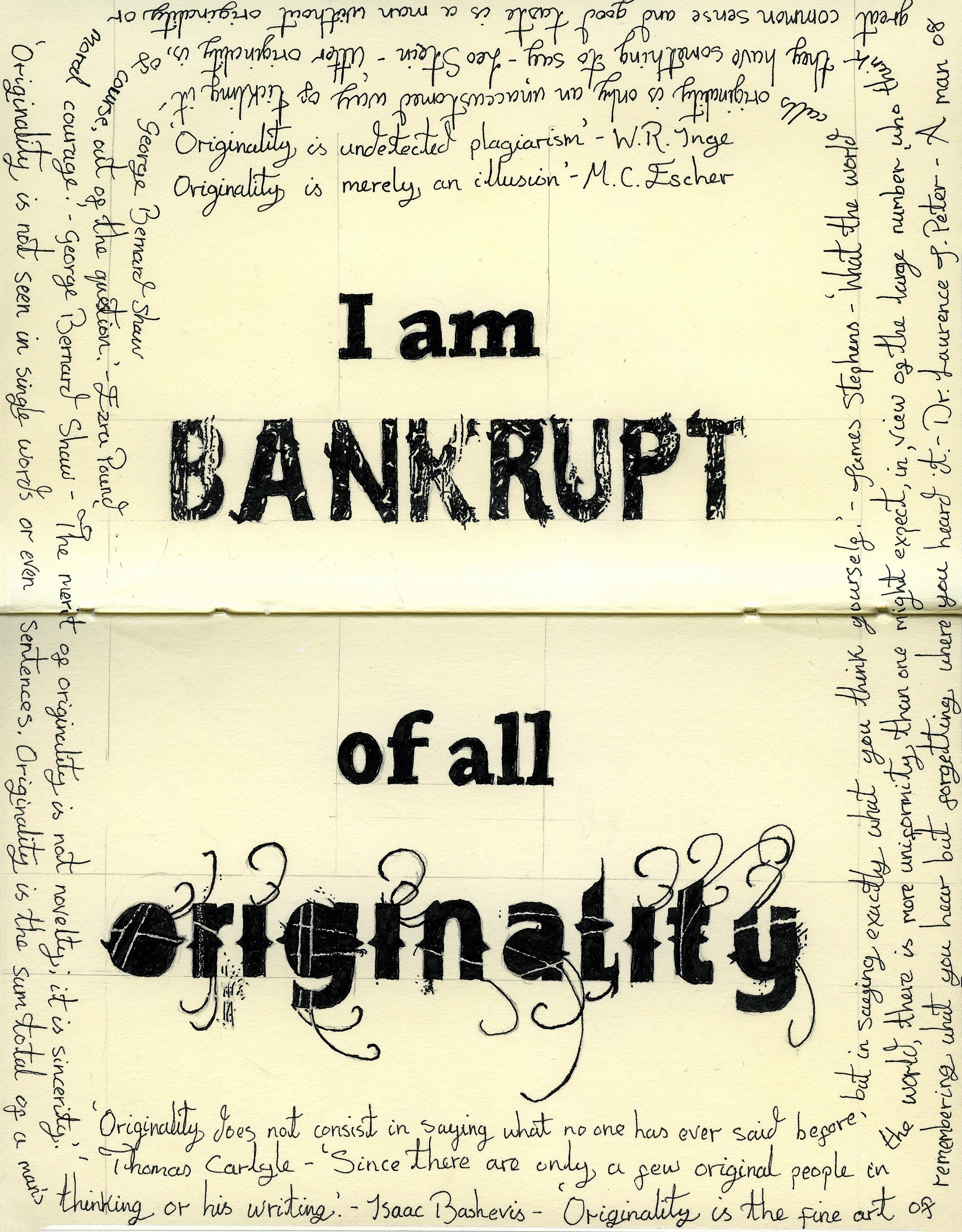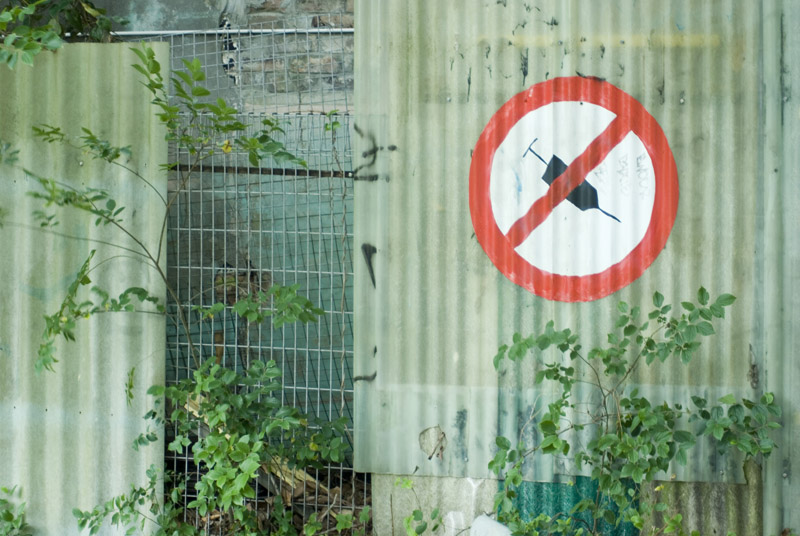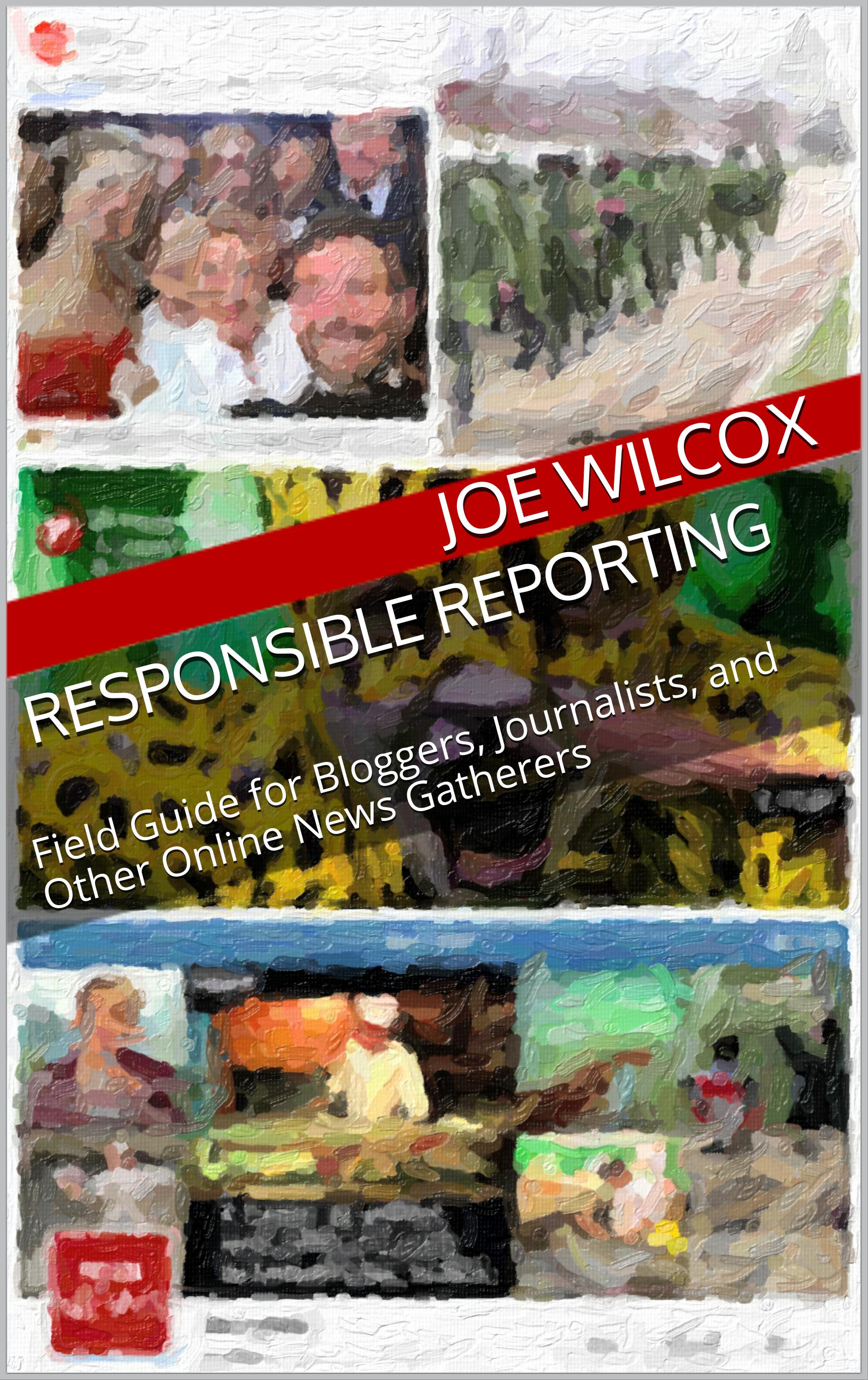On March 15, 2011, I started the post you now read with a headline left unanswered: “Is Aggregation Really Just Plagiarism?” Clearly, my answer—too long coming—is “Yes”. Unequivocally, news aggregation is plain, pure plagiarism.
Google enables, no encourages, content thieves, despite recent search engine penalizing strategies. Too often, the big G raps sites because of links to black-listed blogs. The problem is bigger: Mainstream blogs writing synopsis stories that include absolutely no original reporting but take away pageviews from the news site doing the real work.









